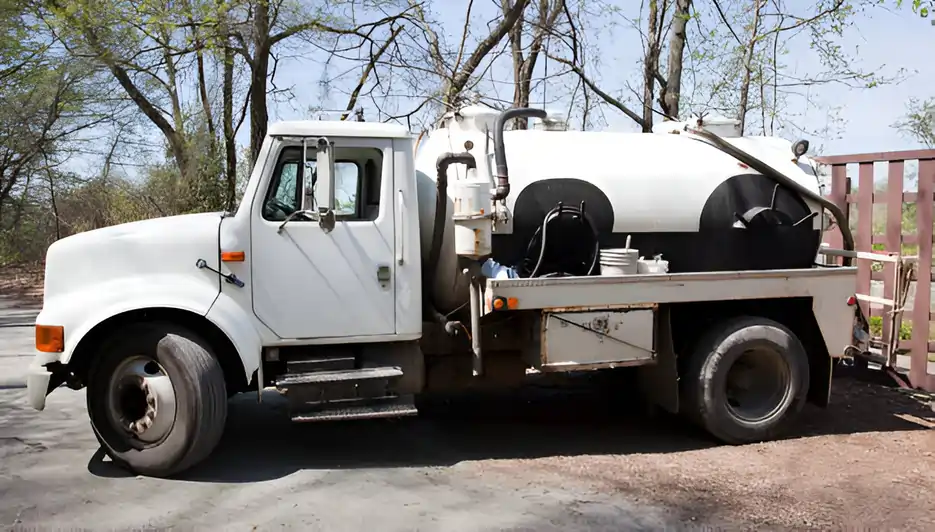Key Considerations for Septic System Maintenance
Proper septic tank maintenance ensures a healthy and functional household waste management system. Regularly pumping your septic tank prevents costly repairs and potential environmental hazards. The buildup of sludge and scum over time can lead to clogged pipes, inefficient waste processing, and even groundwater contamination if not addressed. This guide will help homeowners determine when and why they should consider Foothills septic tank pumping services to maintain their systems effectively.
Why Regular Pumping is Essential
Routine septic tank pumping is vital to prevent system overload and failure. When a septic tank fills up, the excess solids can be washed into the drain field, causing blockages and damage to the entire drainage system. These blockages disrupt the natural filtration and breakdown of wastewater and can lead to costly repairs or replacements of system components. Regular pumping keeps your system running efficiently and prolongs its lifespan, safeguarding your property and the surrounding environment. Knowing when to pump is key to maintaining an optimal balance within the tank, allowing beneficial bacteria to break down waste effectively.
Factors Influencing Pumping Frequency
The need for septic tank pump maintenance varies based on several critical factors such as the size of the tank, the number of household members, and the volume of wastewater produced. Standard recommendations suggest pumping every three to five years. However, systems that are used excessively (e.g., frequent waste disposals or high water use) or have larger families could need more frequent repair. Furthermore, aggressive household cleansers have the potential to destroy beneficial microorganisms in the tank, decreasing its efficiency and requiring more frequent pumpings.
Signs That Indicate a Need for Pumping
Recognizing early warning signs of an overloaded septic system can prevent severe damage and treatment difficulties. Homeowners should be alert to symptoms such as slow draining toilets and sinks, which might indicate clogs in the system due to excessive solid buildup. Unpleasant odors around the property, especially near the drain field, are telltale signs of a septic backup or inefficiency. Water pooling or unusually lush vegetation patches near your drain field may signal wastewater surfacing or leaks. These signs suggest arranging a professional inspection and potentially immediate pumping to prevent further complications.
Professional Help: When and Why
Even with regular maintenance, professional inspections are crucial for ensuring the health of your septic system. Experts possess the knowledge and tools necessary to thoroughly assess the condition of the tank, spot issues that are obscured from view, and provide guidance on the best management practices for your needs. They can suggest a personalized pumping schedule, considering your household size, usage patterns, and tank condition. According to the Environmental Protection Agency, professional guidance is invaluable in maintaining a well-functioning septic system over time. This professional insight preserves system integrity and provides peace of mind, allowing homeowners to focus on other maintenance aspects.
Conclusion
Septic system maintenance does not have to be difficult. Your septic system can stay in good operating condition if you know how frequently to pump your tank and can spot possible problems early. Regularly practicing preventative maintenance significantly reduces the likelihood of system failures, environmental hazards, and repair expenses. When in doubt, consulting with reliable service providers like Foothills Sanitary ensures professional care and peace of mind for homeowners, ensuring your home remains safe, healthy, and efficient in waste management. With appropriate attention, homeowners can enjoy a smoothly running septic system that supports a sustainable and convenient household.
